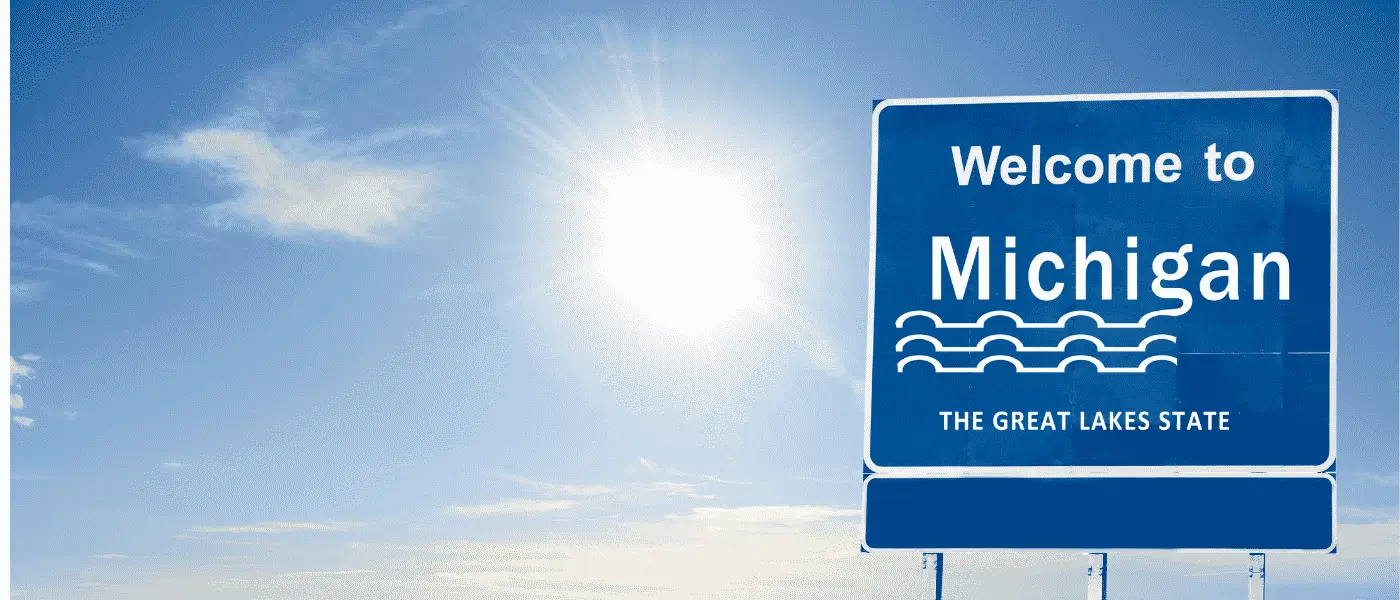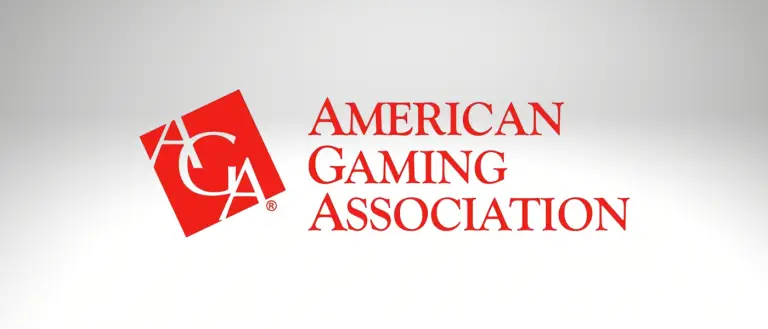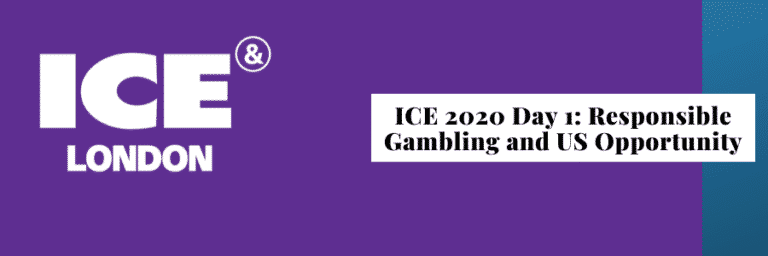3 Important Questions The Michigan Online Gambling Launch Can Answer

It’s (almost) official. The Michigan online gambling industry will go live very soon.
When it does, it will become just the sixth state with legal online gambling (casino or poker). And with all due respect to West Virginia, Delaware, and Nevada, Michigan is part of an even smaller group of consequential online gambling states that includes New Jersey and Pennsylvania.
As such, Michigan could provide industry observers with much-needed answers to questions that have long gone unanswered. This column looks at three of those questions:
- Will Michigan spur other states to legalize online gambling?
- Do online casino products cannibalize online lottery products and vice versa?
- Is there a tipping point that will lead to a resurgence of online poker?
Keeping Up with the Joneses: Midwest Edition
The main driver of sports betting legalization is revenue. States dealing with budget deficits are looking under every proverbial couch cushion for spare change, and that includes sports betting, a product that has helped buoy other states’ gambling revenue during the pandemic.
But another driving force of sports betting legislation is the supposed need to compete with neighboring states that have already legalized the activity. That hasn’t been the case with online casino and poker, at least not yet. And Michigan could very well be the state that jumpstarts this attitude, not because it will poach players, but because it will show other states in the Midwest the revenue they could be collecting.
And it’s the Midwest where the next wave of online casino and poker expansion is likely to occur. Indiana, Kentucky, and Illinois are among the best candidates for online gambling expansion. The push these states need might be the revenue Michigan generates in 2021.
Will The Michigan Online Lottery Cannabalize Michigan Online Casino Revenue?
Michigan will be the first online gambling state that has a longstanding online lottery. The Michigan Online Lottery offerings including instant win games that function much like slot machines, are wildly successful and have a multi-year head start acquiring customers.
So, a big question in Michigan is this, were the cannibalization concerns that sunk the bill in 2018, and caused some late changes in 2019 warranted? Is the launch of online casinos going to cut into the state lottery’s online sales?
Pennsylvania casinos have argued that online lottery instant win games available through the Pennsylvania Lottery compete with their online slots. Pennsylvania’s online industry is performing well, but it severely lags New Jersey despite a significant population advantage. One explanation is the newness of the Pennsylvania market compared to New Jersey. Another potential cause is the higher burdens Pennsylvania imposes on its online casinos. But missing in the discussion is the possibility that the state’s online lottery is tamping down Pennsylvania’s online casino revenue.
It’s hard to know in Pennsylvania since the two products launched relatively close to one another, May 2018 for online lottery and July 2019 for online casinos. It’s a much longer gap, November 2014 for the state’s iLottery and January 2021 for online casinos in Michigan. That will give analysts enough data to determine what impact the launch of online casinos is having on the lottery. And, of course, that would cut both ways.
Will Interstate Online Poker in Michigan Bring Back The Market?
Is an online poker resurgence in the cards? It seems improbable, considering the third-tier status of the vertical in the online gambling hierarchy. Still, according to some analysts, online poker could be a vital piece of the US gambling landscape in the coming years.
The above would have been a noncontroversial take back in 2013, when Nevada, New Jersey, and Delaware kickstarted the US online gambling legalization era. At that time, the poker boom was fresh in everyone’s mind, and online poker was viewed as the big opportunity. That train of thought was quickly proven wrong and cost some people that put all or most of their eggs in the online poker basket a lot of money (Ultimate Poker being the most notable example).
But maybe it wasn’t wrong? Perhaps it was an idea ahead of its time and a victim of circumstance?
After all, had online poker legalization progressed like daily fantasy sports or sports betting, the landscape would have been much different and filled with opportunity.
And that scenario is what everyone expected to happen. Nevada, New Jersey, and Delaware were supposed to be the vanguard for the coming legal online gambling era. But low early returns, coupled with Sheldon Adelson’s decision to put his lobbying might into opposing online gambling, caused any momentum to stall out.
Liquidity Is Holding Back Online Poker
Without a robust market, online poker never stood a chance. Unlike a slot machine or a blackjack table or placing a sports bet, online poker requires more than a single bettor gambling against the house. You need at least two players, and to have a viable ecosystem, you need many players. The more online poker players there are, the more game options those players will have and the better the ecosystem.
This is known as liquidity, and without it, your online poker market will wither and die.
At the height of the poker boom, there were millions of interconnected online poker players. In New Jersey, there are a few thousand.
That was the impetus for creating the Multi-State Internet Gaming Association (MSIGA) and New Jersey’s overtures to foreign jurisdictions as it looked to boost online poker liquidity. Those discussions never got past the early talk phase.
The market could deal with a small pool of players for a year or so, and that’s what New Jersey expected as it waited for other states to follow its lead. What it got was a multi-year drought before other states joined the original three and a Wire Act opinion that stalled interstate compacts. In that time, the Garden State’s online poker industry withered until the pandemic fertilized it.
A Return To The Online Poker Boom?
But suppose the liquidity issues disappear, and the US is suddenly pulling from a player pool of 100 or even 200 million?
And imagine if international compacts that weren’t worth the time and effort would be back on the table.
A return to the early poker boom days, when the entire world was one big, connected poker game, is a pipedream. That said, an international online poker network connecting millions of players from around the globe could be just a few years away.
It wouldn’t be the initial poker boom (which was a perfect storm of events), but it would be a continuation of it.
And there’s good reason to think this might happen. Michigan online poker is in the process of going live, and the state looks eager to enter interstate agreements. And with the passing of Sheldon Adelson and the developments at Las Vegas Sands, a major roadblock has been removed.







